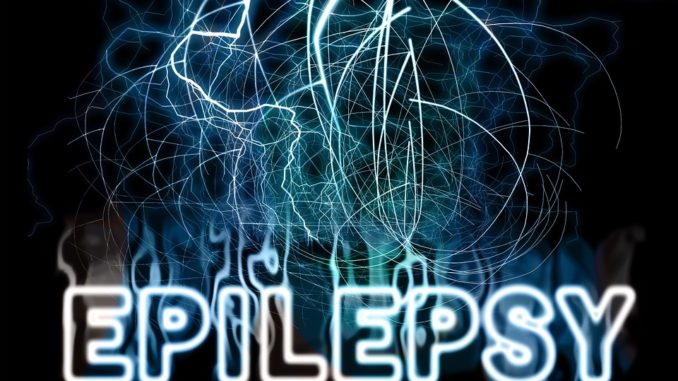
Smart medical devices have become more prevalent today, as discussed in this earlier article on epilepsy that detailed exciting new research on wearable medical monitoring devices. These monitors were especially successful at alerting people when a seizure was imminent. While these devices were good for gathering information on what times of day seizures may occur and what may be possible triggers, as well as for sending alerts, the treatment and prevention of disorders still primarily depends on combinations of lifestyle choices and medicines.
The use of medical marijuana has become more prevalent today, in theory and also in practice. CBD, or cannabidiol, is a nonpsychoactive chemical component of marijuana that is used to treat several medical conditions. While not yet endorsed for treating seizure disorders by the medical profession or government agencies as of yet, there are FDA-approved trials being conducted, and some patients are being treated with CBD. CBD is legal in some states and not in others, with users of CBD often traveling to states where it is legal. People with a Capitola home can use prescribed CBD legally, while residents of Georgia currently have to acquire it in a different state, although efforts are underway in Georgia to legalize the use of CBD.
A previous medical trial that was conducted in 2016 was reported in The Lancet Neurology. The researchers treated 162 patients with CBD and monitored them over the course of 12 weeks. The CBD was given in conjunction with their existing medications and the patients all knew what they were receiving.
There was a reduced rate of seizures overall among the patients at a median of 36.5 percent, and 2 percent of patients became seizure free. A high number of patients (79 percent) suffered mild side effects such as diarrhea, sleepiness and fatigue, but only 3 percent dropped out of the study, which suggests that the effects were not enough to deter most patients. While this study shows promising results, with this type of open study there is a good chance that a placebo affect can be present, so longer studies that are blind in nature also need to be conducted.

Since CBD does not have the CBD doychoactive components of marijuana, there is no real reason to not seriously consider it for the possible medical treatment value it may possess. The name “medical marijuana” is misleading, in that people who hear or read this term think of the entire plant that is almost exclusively used as a recreational drug. Ideally CBD will become the standard name of use for this medical drug in the future, and researchers will conduct more clinical trials. Once there are more proven positive results of using CBD as a treatment of seizure disorders, hopefully government entities and physicians will possibly endorse and legalize the use of CBD on a national scale and the people in Atlanta will be able to use CBD legally the same as anyone who has a Capitola home.
